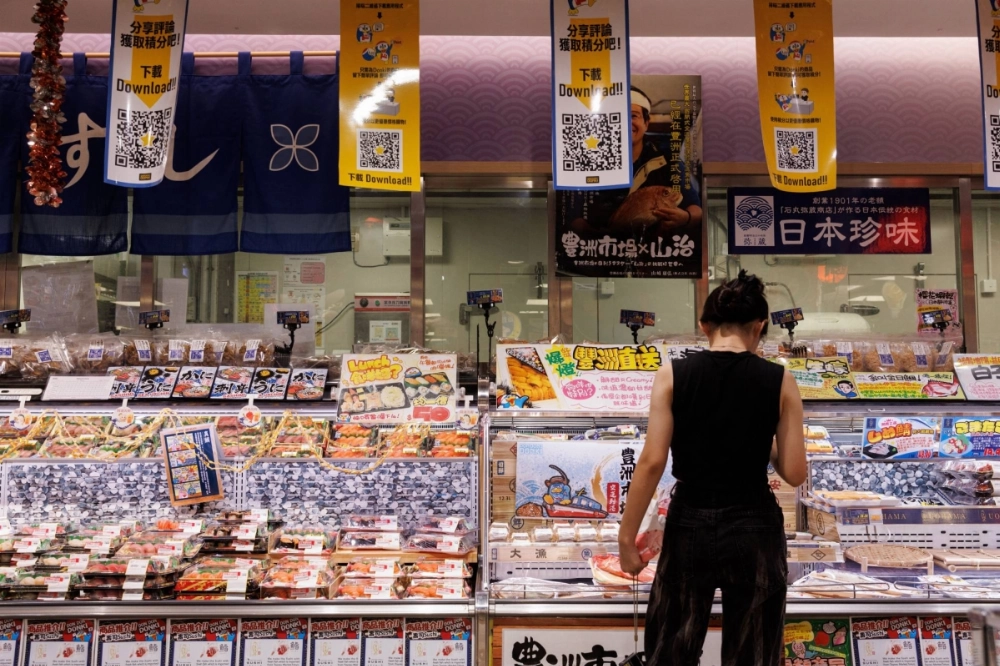China will partially resume importing seafood from Japan in an apparent move to ease trade frictions and strengthen bilateral ties, despite heightened military tensions between the two countries.
“Resuming exports to China of marine products — an important export item for our country — is a major turning point,” agriculture, forestry and fisheries minister Shinjiro Koizumi said Monday.
China announced the partial lifting late Sunday, the first relaxation since August 2023, when Beijing issued a blanket ban on imports following Tokyo’s release of wastewater from the wrecked Fukushima No. 1 nuclear power plant.















With your current subscription plan you can comment on stories. However, before writing your first comment, please create a display name in the Profile section of your subscriber account page.